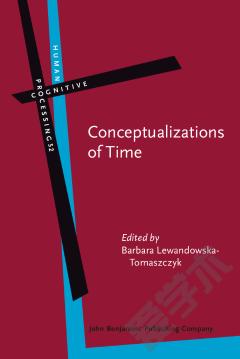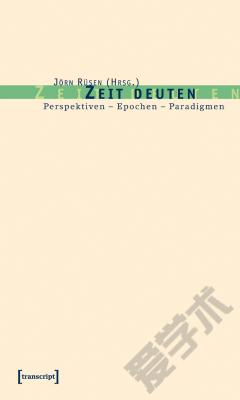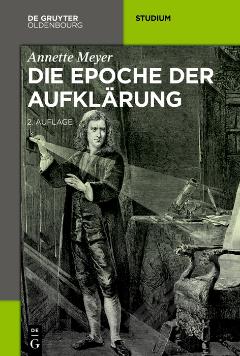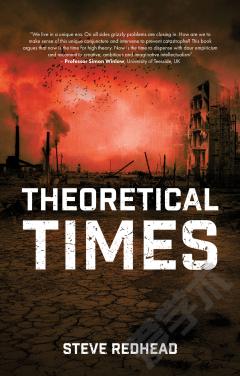Conceptualizations of Time.
As time cannot be observed directly, it must be analyzed in terms of mental categories, which manifest themselves on various linguistic levels. In this interdisciplinary volume, novel approaches to time are proposed that consider temporality without time, on the one hand, and the coding of time in language, including sign language, and gestures, on the other. The contributions of the volume demonstrate that time is conceptualized not only in terms of space but in terms of other domains of human experience as well. Renowned specialists in the study of time, the authors of this volume investigate this fascinating topic from a variety of perspectives – philosophical, linguistic, anthropological, (neuro)psychological, and computational – demonstrating a familiarity with both classical and recent approaches to the study of time and including up-to-date corpus-based methods of study.The volume will be of interest to philosophers, linguists (including specialists in cognitive linguistics, corpus linguistics, and computational linguistics), anthropologists, (neuro)psychologists, translators, language teachers, and graduate students.
{{comment.content}}








 京公网安备 11010802027623号
京公网安备 11010802027623号